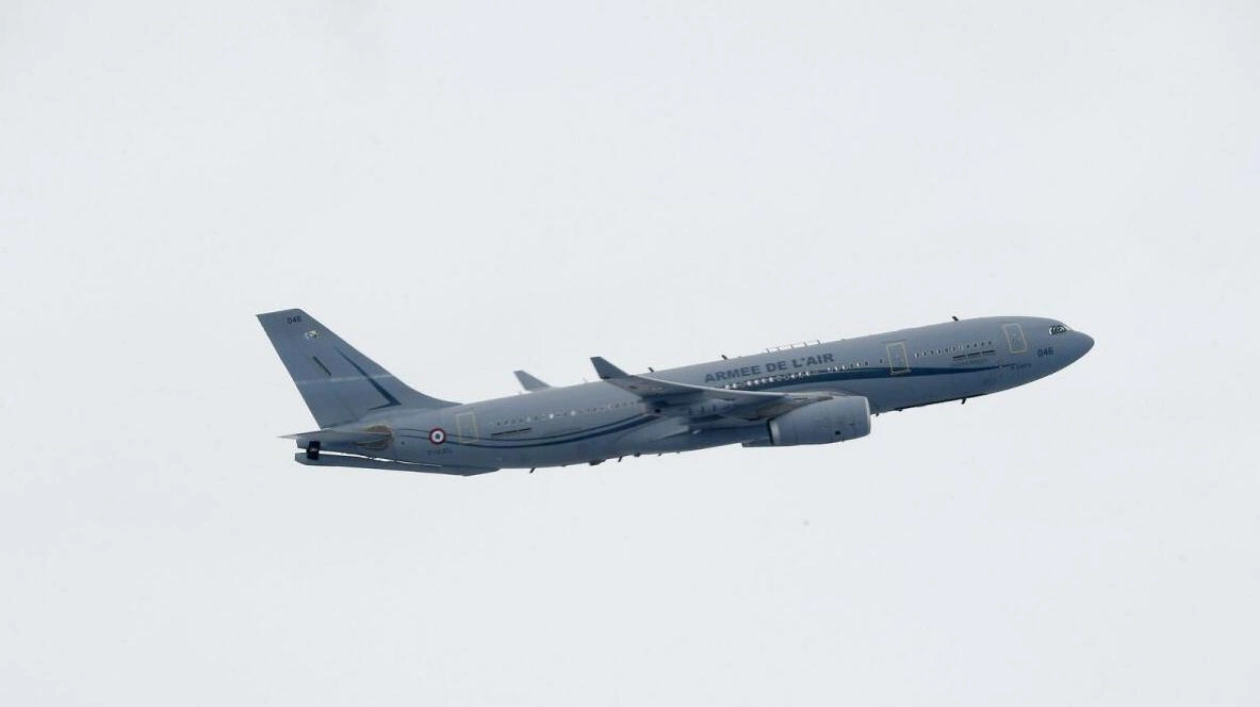On Tuesday, Europe's Airbus announced significantly reduced second-quarter profits due to higher investments in jetliner production and previously announced charges in its Space Systems division, which overshadowed increased revenue. The world's leading aircraft manufacturer reported that its adjusted operating profit dropped by over 50% to 814 million euros ($879.7 million) in the quarter, while revenue slightly increased to 15.995 billion euros. Airbus also recorded a charge of 989 million euros for anticipated losses in its space business, slightly exceeding the approximately 900 million euros estimated in last month's profit warning. Despite these charges, profits exceeded analyst expectations, with an average forecast of 699 million euros in adjusted operating income on revenue of 15.822 billion euros, according to a company-compiled survey.
These charges have led to a total write-off of just under 1.6 billion euros from Airbus's balance sheet over five months, reflecting a new audit of potential losses on key communications and navigation satellites in its Space Systems division. Airbus CEO Guillaume Faury stated, "We are addressing the root causes of these issues." Industry sources indicate that much of the newly identified risk is concentrated in the OneSat satellite project and EGNOS, a system aimed at enhancing the accuracy of existing navigation signals. Airbus is currently reviewing its space activities and discussing potential alliances with France's Thales and Italy's Leonardo, with plans to unveil a new turnaround strategy for Space Systems in September, as reported by Reuters.
Additionally, Airbus has initiated an expanded cost containment plan for its broader Defence and Space division, intensifying and deepening existing cost-saving measures, according to industry sources. Leonardo, in announcing its mid-year results on Tuesday, confirmed ongoing discussions with its current partner Thales and with Airbus regarding potential space sector alliances. Leonardo CEO Roberto Cingolani emphasized that Europe likely needs a more robust structure to compete with the United States and China.






